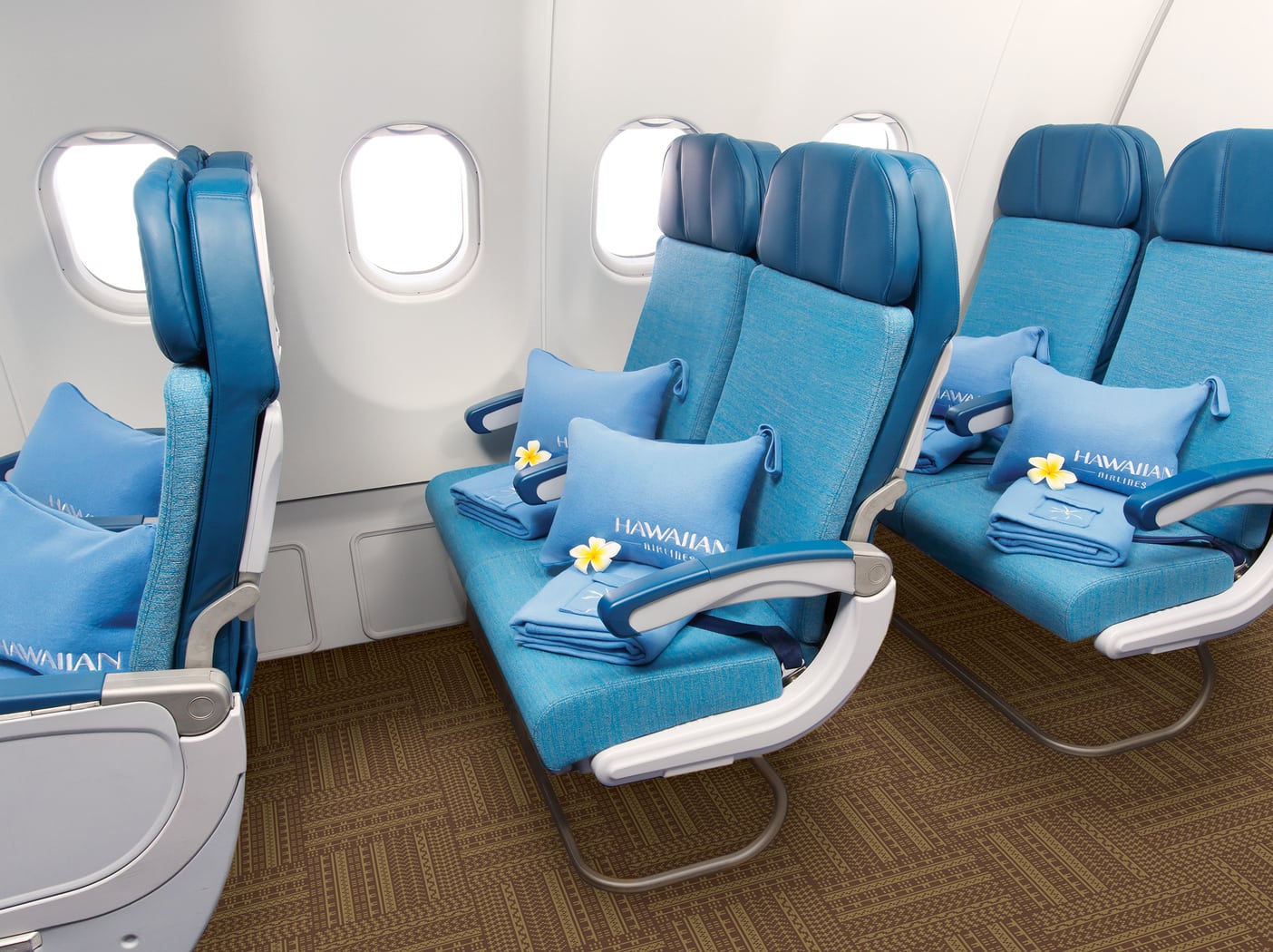Mastercard Could Share Your Height and Weight With Airlines, But Will It?

Skift Take
Yes, this seems like a potential invasion of privacy, but let's not get ahead of ourselves. The chances of airlines adopting this technology are low.
What if an airline knew how much passengers weighed before assigning them a seat? Could that make the travel experience more comfortable for all travelers?
MasterCard could give airlines that option, according to a patent application that became public earlier this month. By tracking clothing and shoe purchases, Mastercard knows the approximate height and weight of each household member, and it could share that data with airlines and other transportation companies, the application states. The application suggests airlines might use the data to ensure they do not seat "two physically large strangers next to each other."
Corporations apply for patents all the time, and often nothing comes of them. Nonetheless, this one is interesting, if only because it shows how much data card companies have and what merchants can do with that information, if they wish.
>> Related: Five of the Most Creativ
